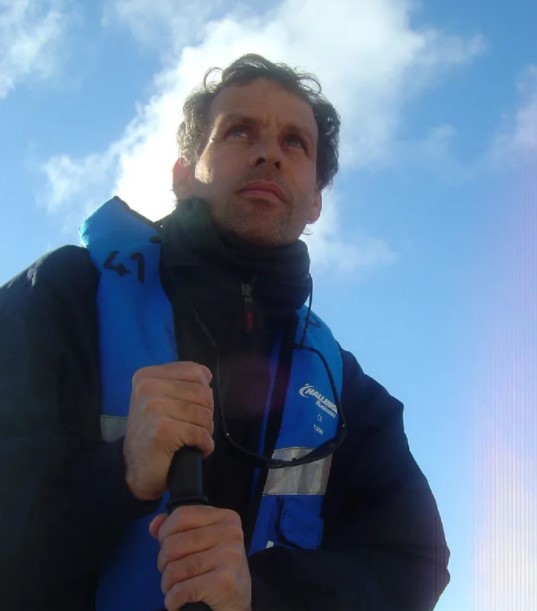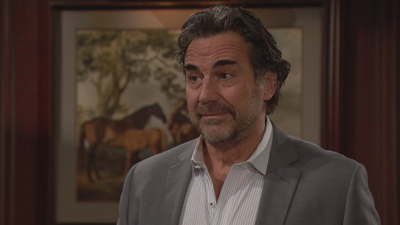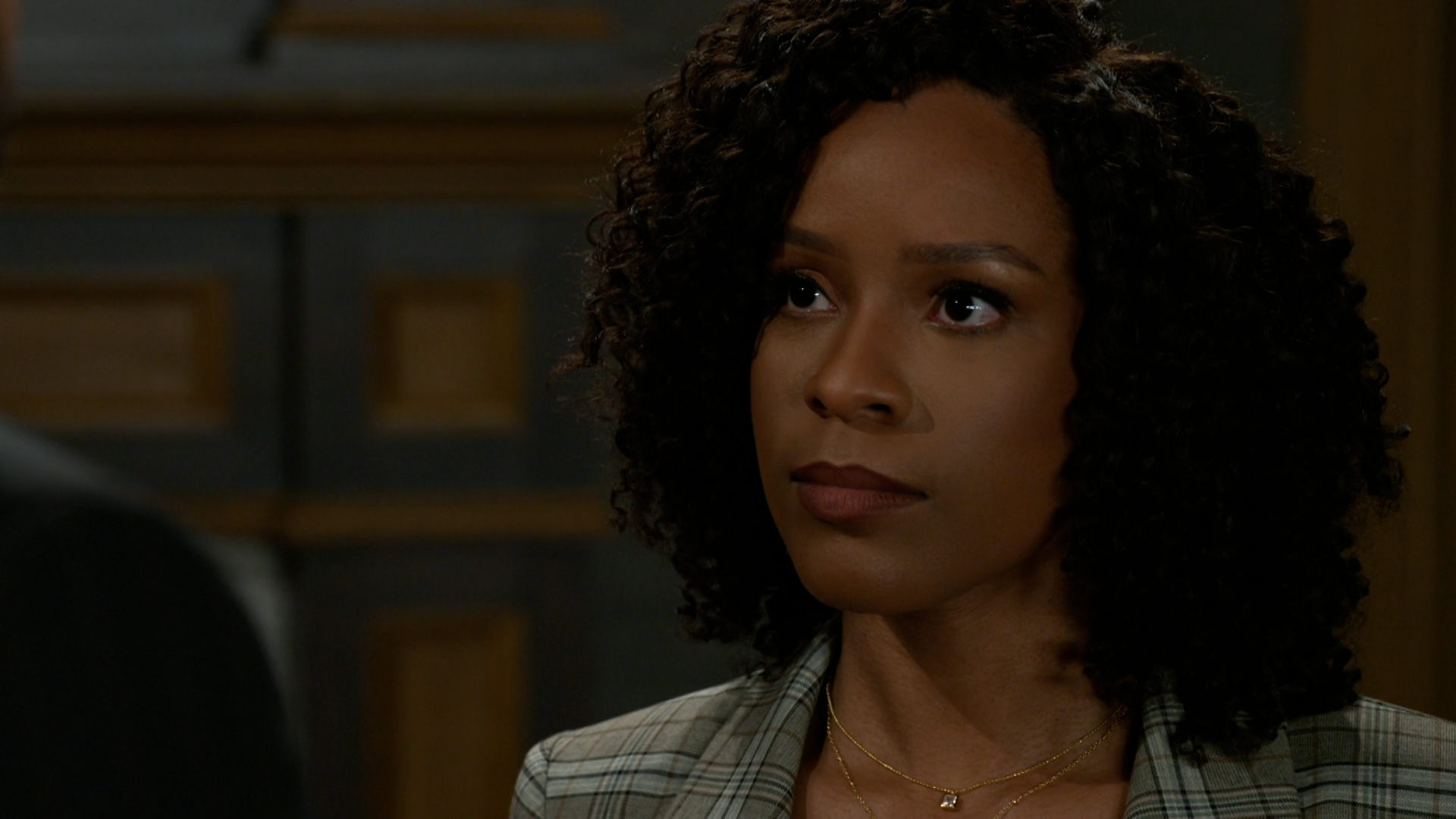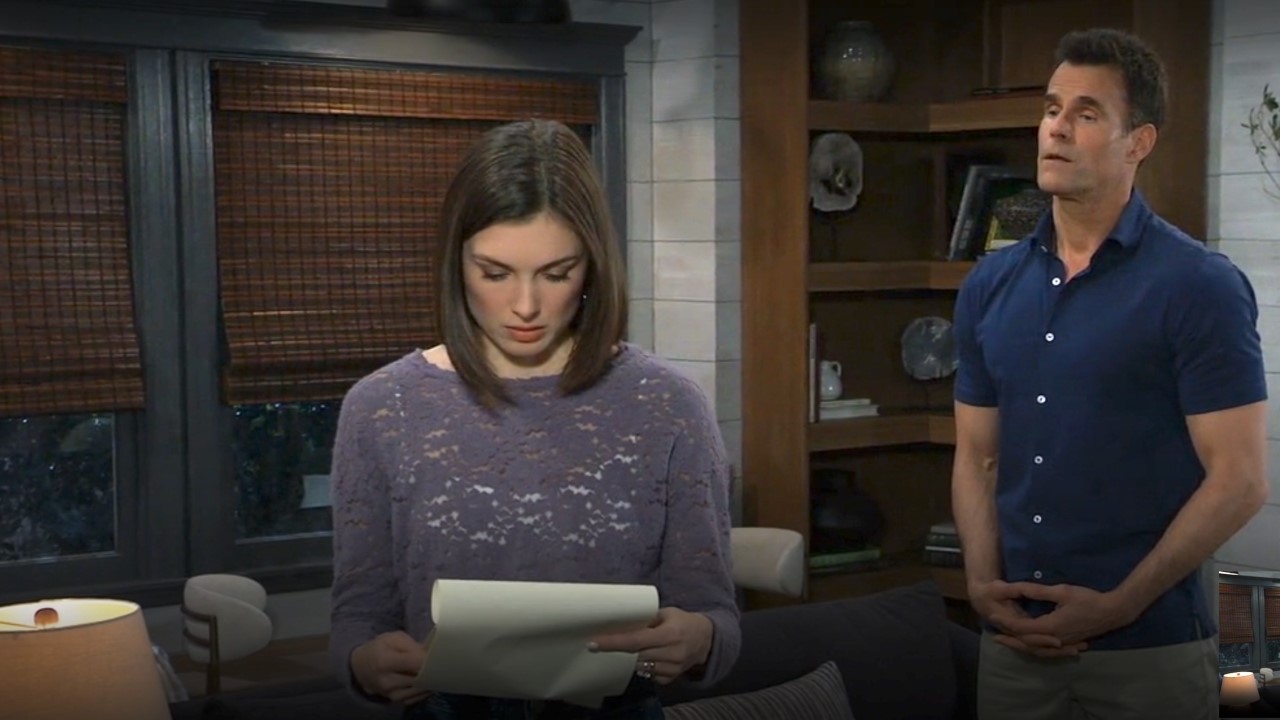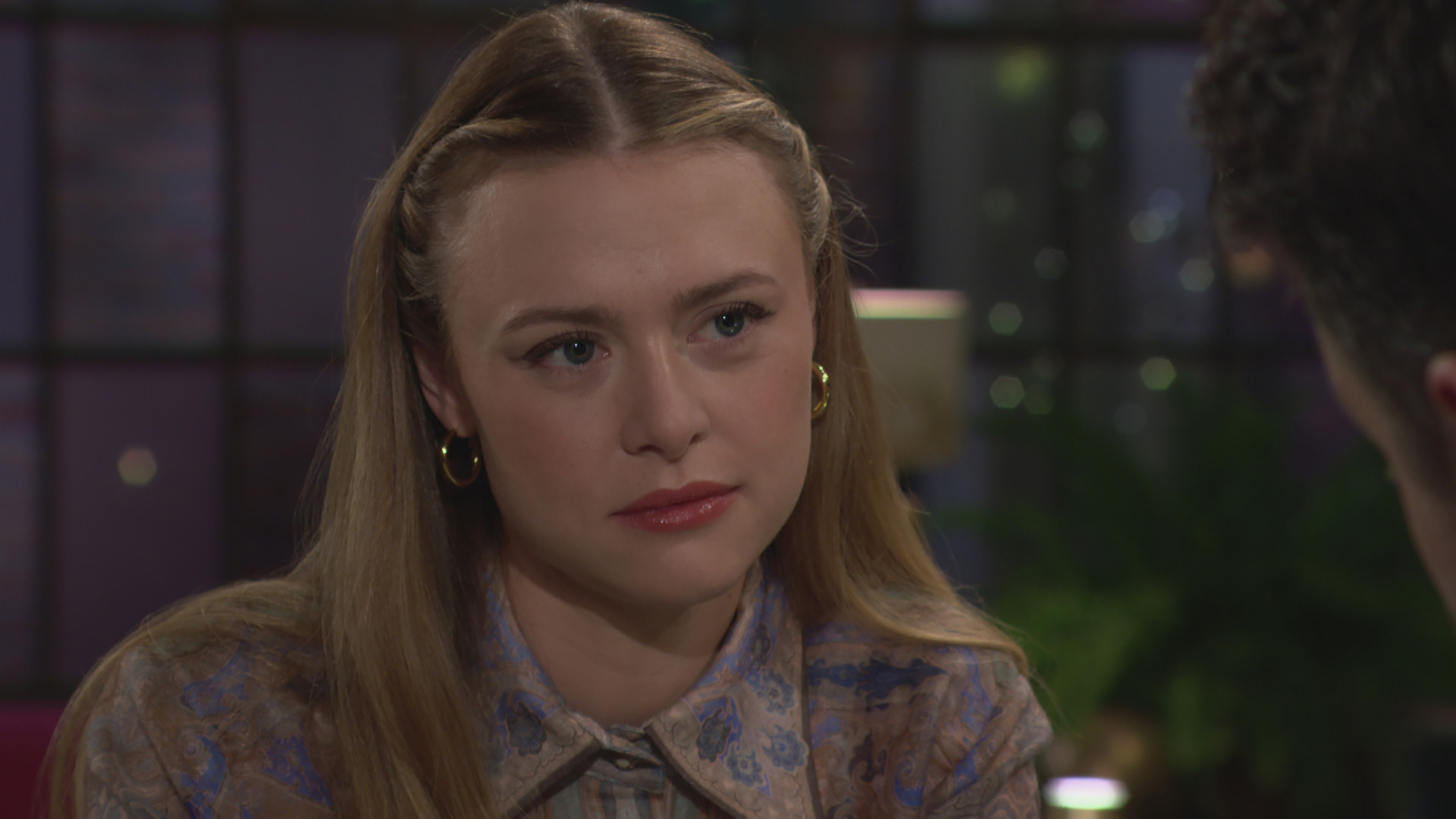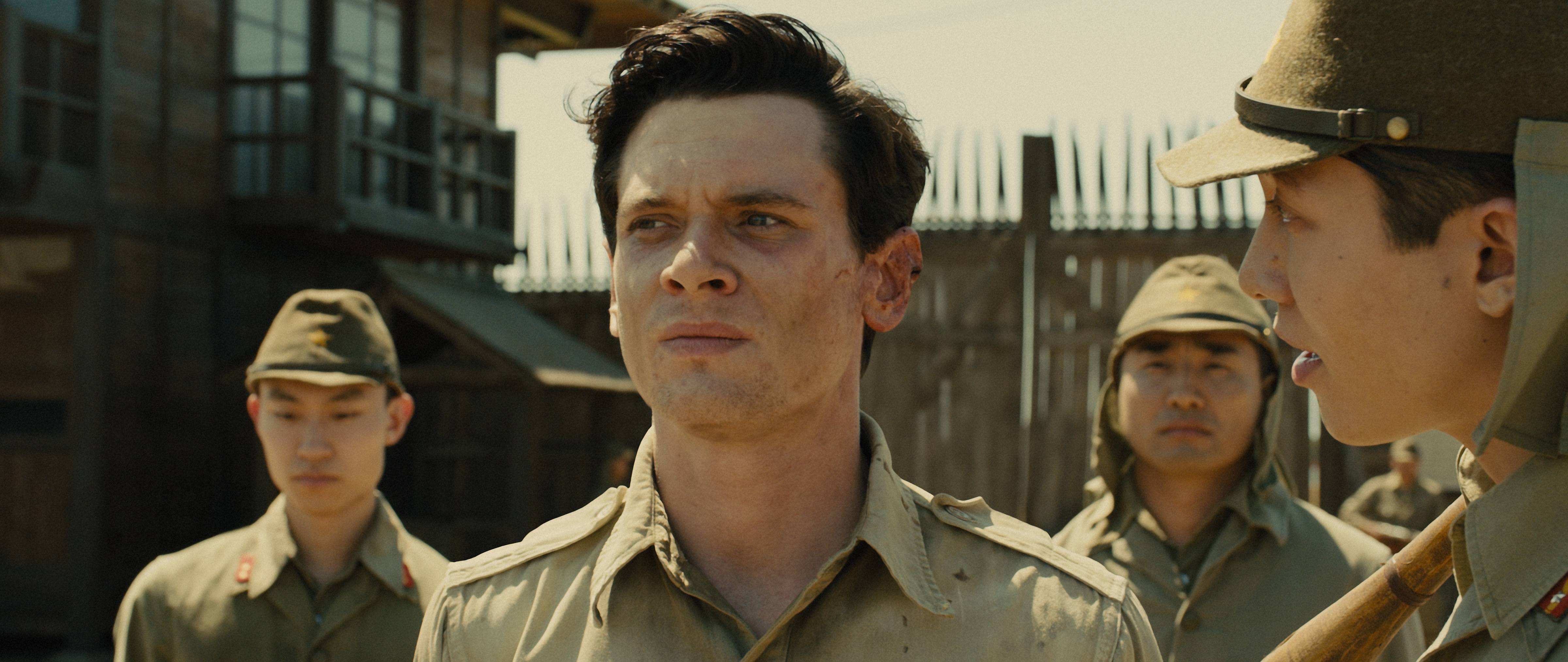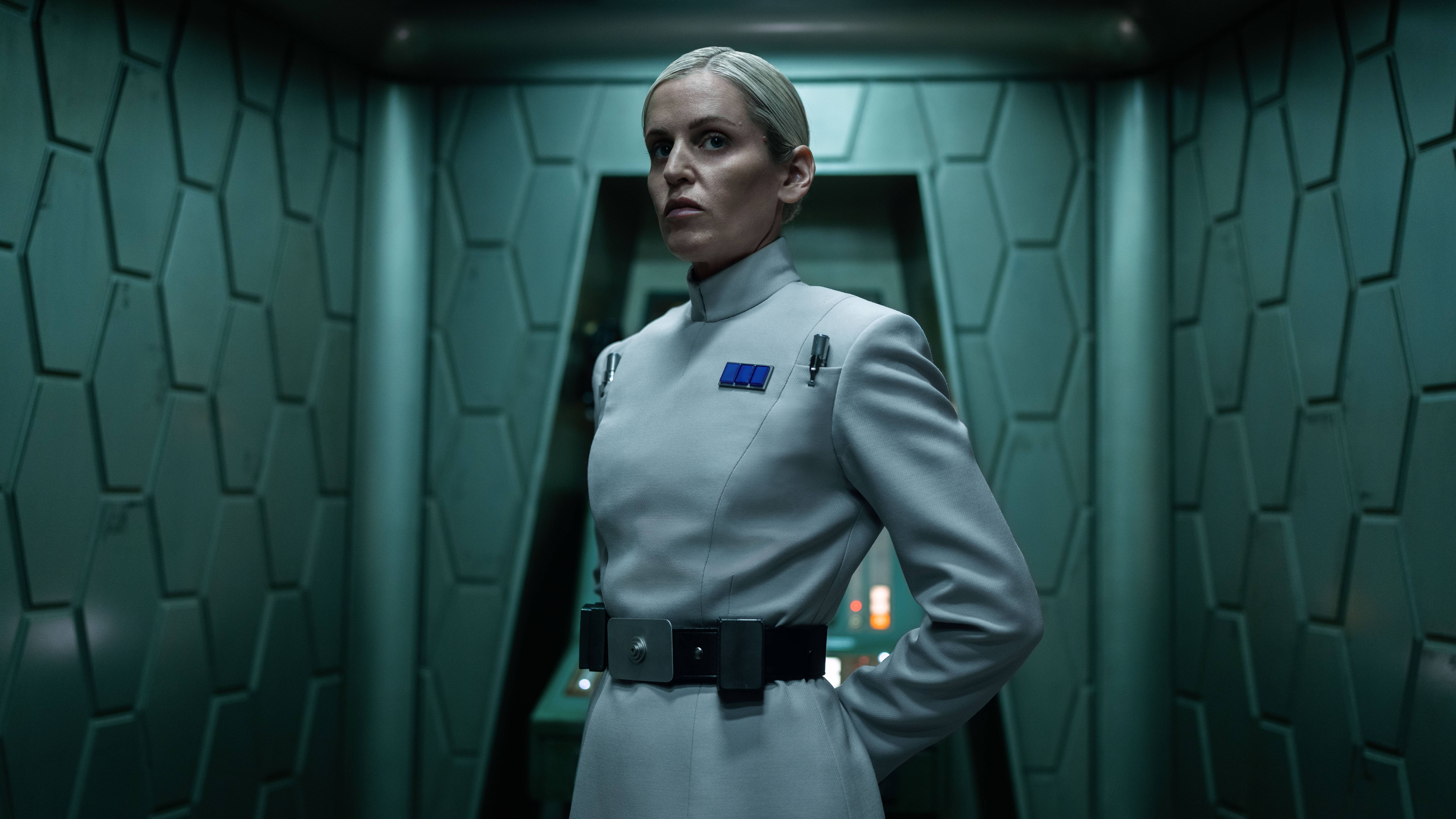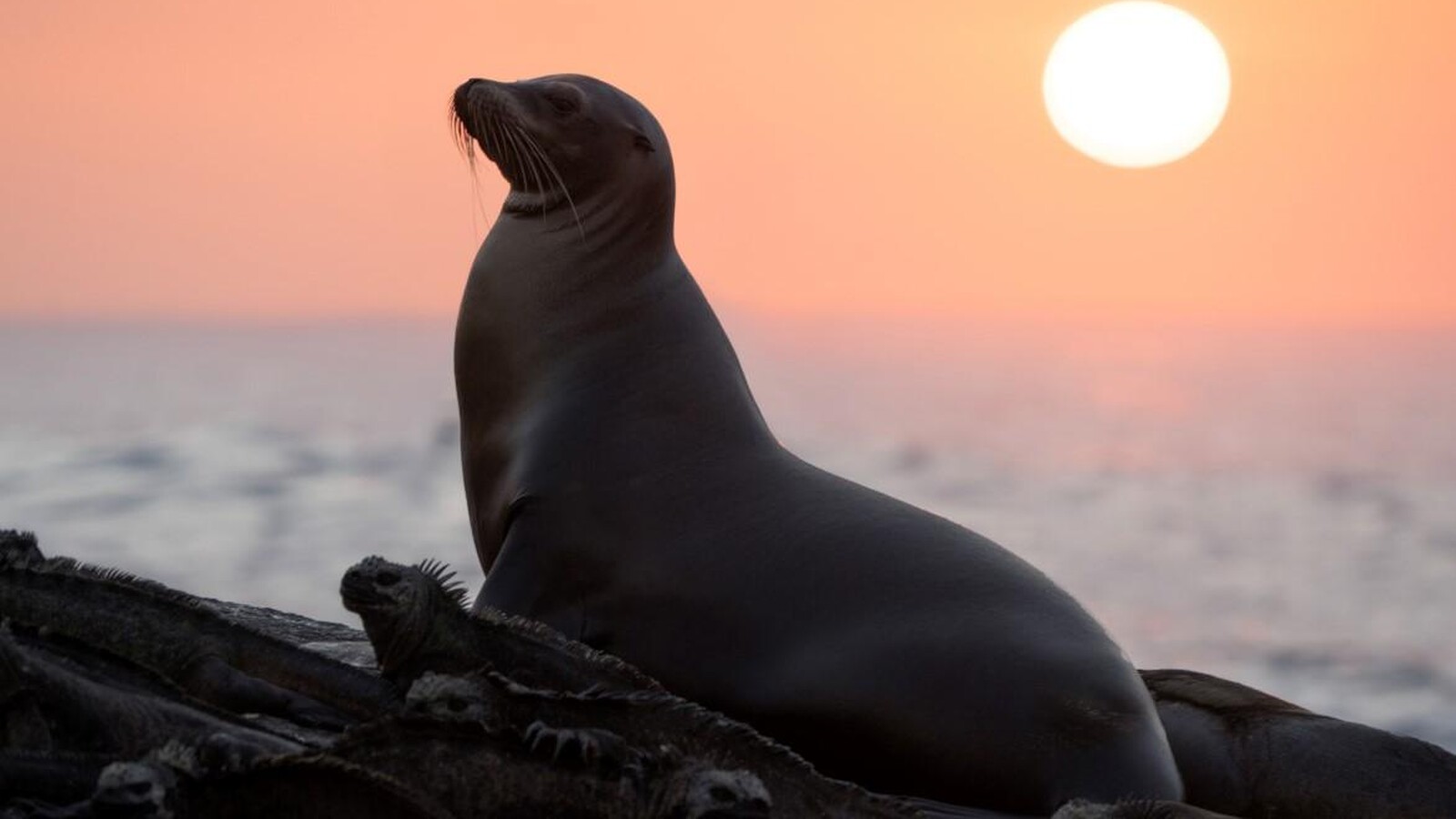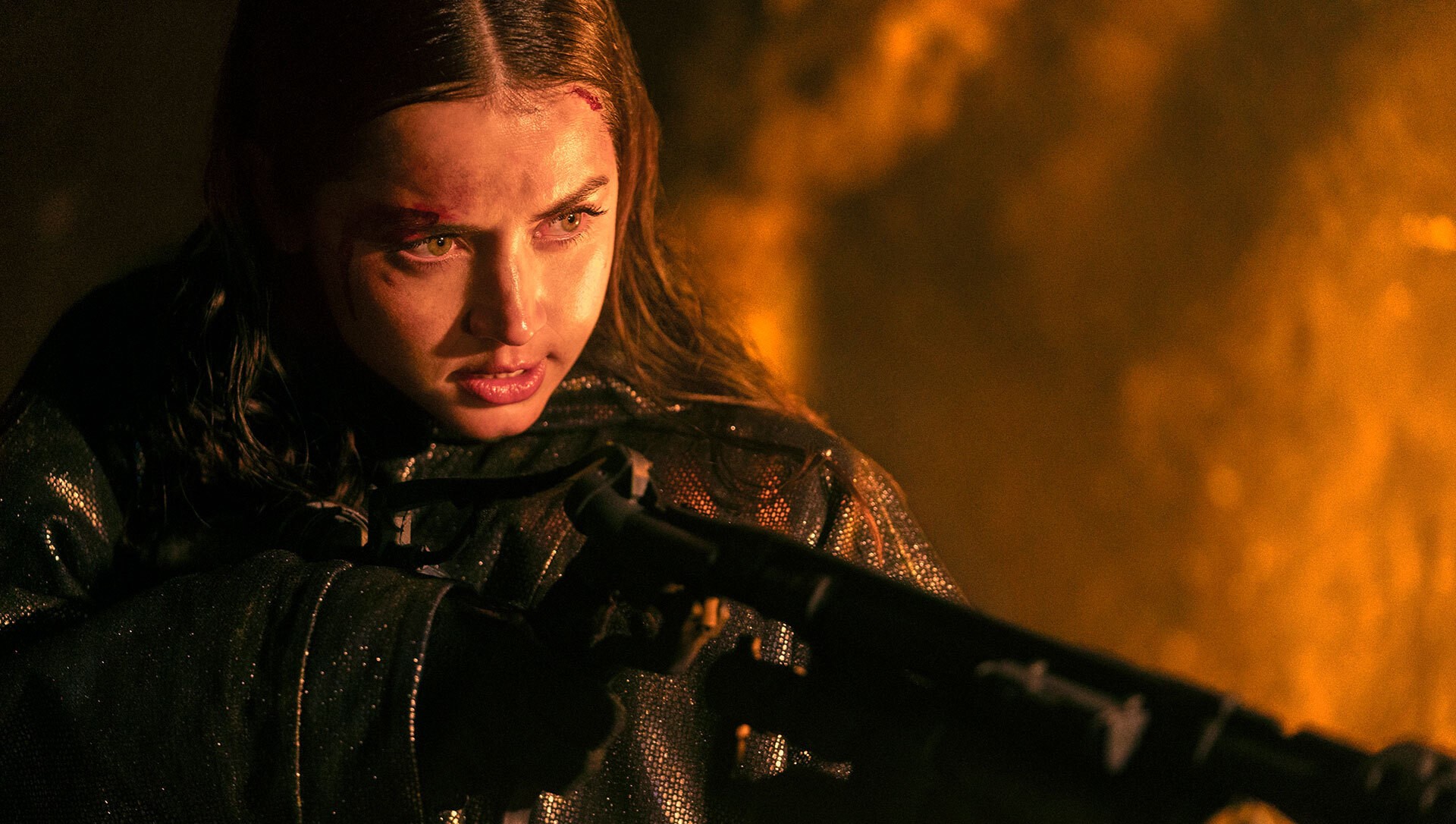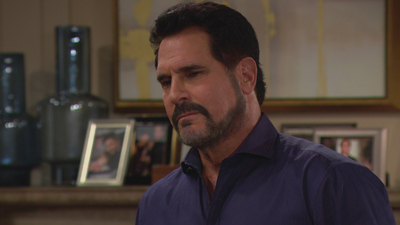Katalin Varga - A timeless tragic tale set in remote rural Transylvania
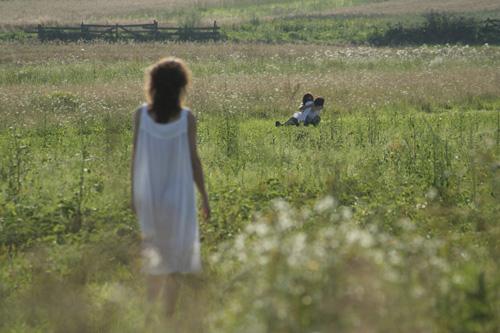
Set in the most obscure corners of rural Transylvania, tragic revenge drama Katalin Varga appears to be taking place in a remote 19th-century past. The film’s protagonist, Hilda Péter’s headscarfed Katalin, drives a horse and cart, travelling with her 10-year-old son across a timeless landscape. Men in the fields she passes labour with pitchforks. Life here can’t have changed for centuries.
Then you see Katalin talking into a mobile phone and you realise that the film is taking place in the present. The shock is akin to seeing Tess of the D’Urbervilles suddenly whip out a Macbook. Yet according to Movie Talk’s resident Transylvanian this is how the region still is.
It’s not just the period that the film withholds from the viewer, however. The plot emerges gradually too.
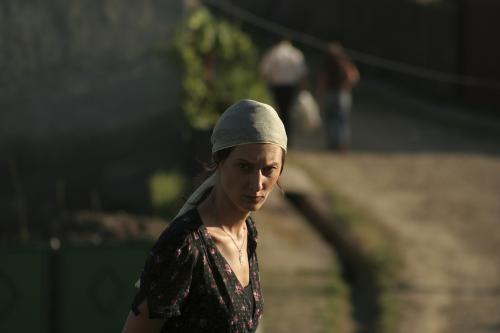
We work out that Katalin has been kicked out of home and village on her husband’s discovery that he is not the father of her child (Norbert Tankó’s Orbán). Her journey, however, isn’t a flight but a quest to track down two men from her past and put right a terrible wrong.
Shot entirely in Romanian and Hungarian, this gripping and haunting film is the remarkable debut of a British director – Reading-born Peter Strickland, who used a €30,000 legacy from an uncle to shoot the movie (in 17 days), and then spent years trying to complete post-production after his money ran out. The finished film belies its laboured, agonising creation and is astonishingly assured.
Strickland’s feel for landscape is wonderful, as is the film’s striking sound design – created from a combination of electronic music and heightened natural sounds. His assured touch extends to the actors, who deliver magnificent performances. As for the film’s timelessness, it gives the story a mythic simplicity and power.
Released 22nd February.
Get the What to Watch Newsletter
The latest updates, reviews and unmissable series to watch and more!
A film critic for over 25 years, Jason admits the job can occasionally be glamorous – sitting on a film festival jury in Portugal; hanging out with Baz Luhrmann at the Chateau Marmont; chatting with Sigourney Weaver about The Archers – but he mostly spends his time in darkened rooms watching films. He’s also written theatre and opera reviews, two guide books on Rome, and competed in a race for Yachting World, whose great wheeze it was to send a seasick film critic to write about his time on the ocean waves. But Jason is happiest on dry land with a classic screwball comedy or Hitchcock thriller.
